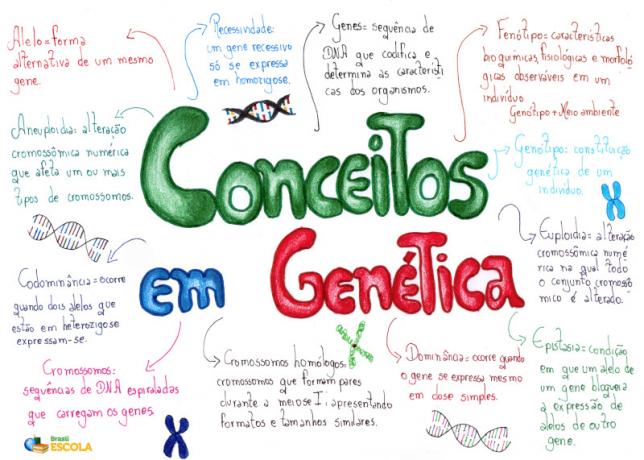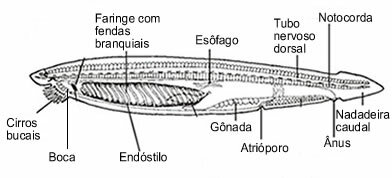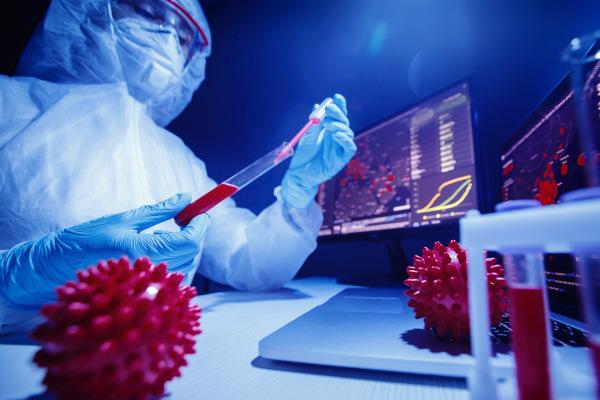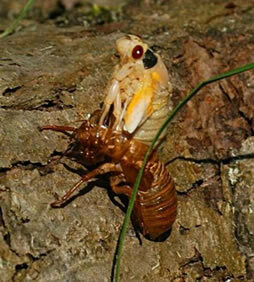THE Genetics it is a part of biology that mainly studies how the transmission of characteristics of an organism to its descendants occurs. Therefore, we can say, briefly, that it is a science that focuses on the study of heredity, also concerned with the analysis of genes.
When studying Genetics, understanding some terms is essential. Therefore, we have separated a list of the main terms that must be understood for a better understanding of Genetics.
Mind Map: Concepts in Genetics

* To download the mind map in PDF, Click here!
→ Basic Concepts in Genetics
Allele: Alternative form of the same gene that occupies the same locus on homologous chromosomes.
Aneuploidy: Numerical chromosomal alteration affecting one or more types of chromosomes. The most common type of aneuploidy is trisomy, in which there is an extra chromosome, that is, the person has 47 chromosomes, but the pattern is 46.
Autosomal: We say that chromosomes are autosomal when they are not sexual, that is, all chromosomes except X and Y. In total, we have 22 pairs of autosomal chromosomes.
-
Karyotype: It is the chromosomal constitution of an individual.
Do not stop now... There's more after the advertising ;)
Codominance: When two alleles that are heterozygous are expressed.
Chromosomes:spiraled DNA sequences that carry the genes.
Homologous chromosomes: chromosomes that form pairs during meiosis I, showing similar shape and size and the same loci.
Dominance: A gene exerts dominance when it is expressed even in a single dose, that is, in heterozygosity.
Epistasis: A condition in which an allele of one gene blocks the expression of alleles of another gene.
Euploidy: Numerical chromosomal alteration in which the entire chromosome set is altered.
Phenotype: Biochemical, physiological and morphological characteristics observable in an individual. The phenotype is determined by the genotype and the environment.
Genes:DNA sequence that encodes and determines the characteristics of organisms. It is the fundamental unit of heredity.
Genotype: Genetic constitution of an organism.
Heterozygous: An individual who has two different alleles at the same locus on homologous chromosomes.
Homozygous: An individual who has the same allele at the same locus on homologous chromosomes.
Gene locus (plural loci): Position a gene occupies on a chromosome.
Recessivity:A recessive gene is only expressed in homozygosis.
By Ma. Vanessa dos Santos
Would you like to reference this text in a school or academic work? Look:
SANTOS, Vanessa Sardinha dos. "Basic Concepts in Genetics"; Brazil School. Available in: https://brasilescola.uol.com.br/biologia/conceitos-basicos-genetica.htm. Accessed on June 27, 2021.



